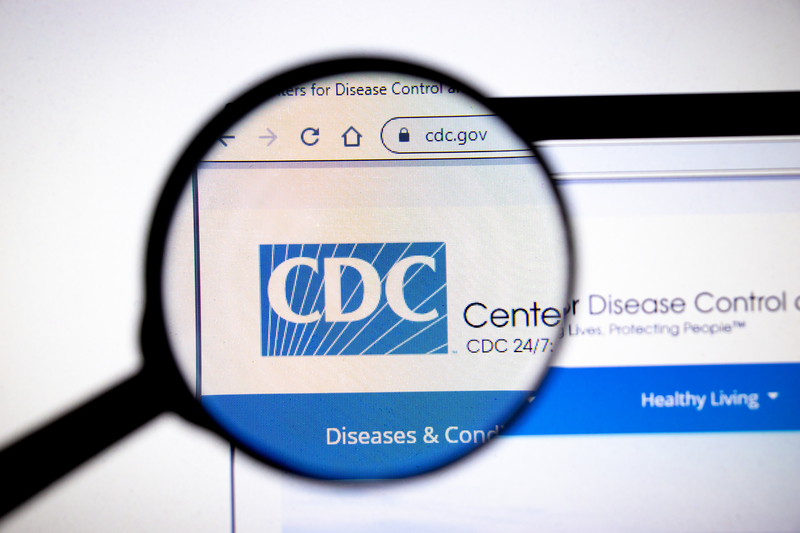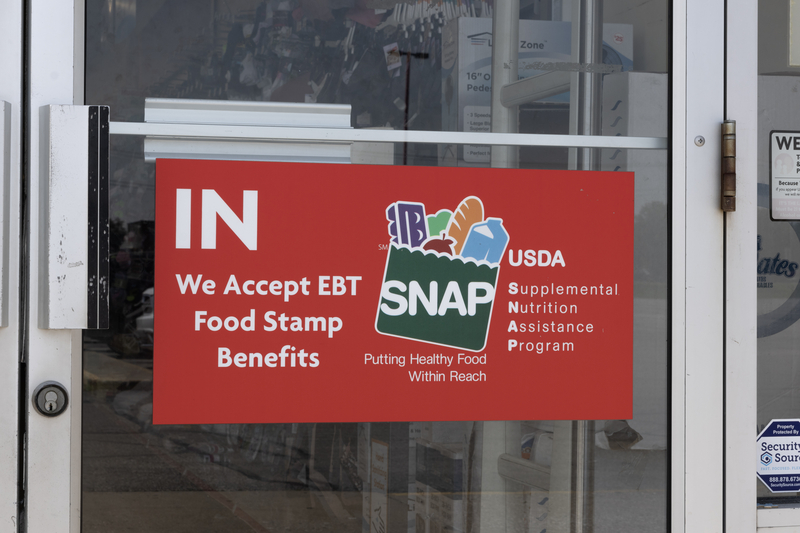Native
An Anchorage boy is waiting for a life-saving stem cell transplant, but Alaska Native donors are scarce
Tiberius with his parents Enrico and Tasha Newbill at Seattle Children’s Hospital. June 19, 2021. (Photo courtesy of the Newbill family)
A bone mar...
Liskow & Lewis Commemorates Asian American and Native Hawaiian/Pacific Islander Heritage Month
Liskow & Lewis Commemorates Asian American and Native Hawaiian/Pacific Islander Heritage Month
05.06.22
May is recognized as Asian American an...
Quality of Care Disparities Among American Indian, Alaska Native Medicare Advantage Enrollees
…DJ, et al. Disparities in the quality of clinical care delivered to American Indian/Alaska Native Medicare Advantage enrollees. Health Aff. ...
American Indian/Alaska native access to colorectal cancer screening: Does gastroenterologist density matter?
Background:
American Indians/Alaska Natives (AI/AN) receive less colorectal cancer (CRC) screening than other populations. Using gas...
Opioid Mortality Rates Increased for American Indian, Alaska Native Population
HealthDay News — From 1999 to 2019, opioid only and opioid/polysubstance-related mortality rates increased among the American Indian/Alaska Native ...
Siobhan Wescott: steadfast advocate for Native American health
At preschool in Cambridge, MA, USA, during the early 1970s, Siobhan Wescott recalls
being attacked by her fellow classmates for being a Nativ...
Trending Topics
Features
- Drive Toolkit
Download and distribute powerful vaccination QI resources for your community.
- Health Champions
Sign up now to support health equity and sustainable health outcomes in your community.
- Cancer Early Detection
MCED tests use a simple blood draw to screen for many kinds of cancer at once.
- PR
FYHN is a bridge connecting health information providers to BIPOC communities in a trusted environment.
- Medicare
Discover an honest look at our Medicare system.
- Alliance for Representative Clinical Trials
ARC was launched to create a network of community clinicians to diversify and bring clinical trials to communities of color and other communities that have been underrepresented.
- Reducing Patient Risk
The single most important purpose of our healthcare system is to reduce patient risk for an acute event.



















